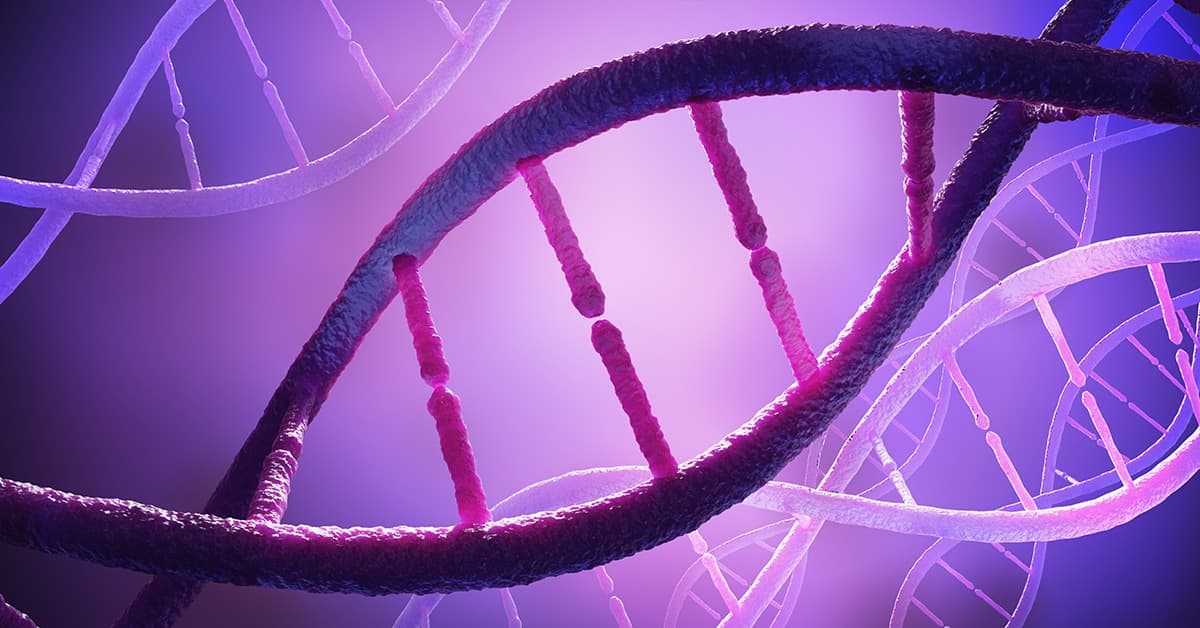
Is Pancreatic Cancer Hereditary?
-
Updated: February 21, 2020
If someone in your family has had pancreatic cancer, you may wonder, “Am I at risk for it too?”
Some cancers do have genetic ties, and pancreatic cancer is one of them. It is a possible risk factor that shouldn’t be ignored.
“Several studies have shown that 10 percent or even more of diagnosed pancreatic cancers can be linked back to a hereditary cause,” said Andrea Forman, MS, LCGC, a former genetic counselor at Fox Chase Cancer Center. “Sometimes having multiple family members with pancreatic cancer can be a red flag.”
Genetic risk factors for pancreatic cancer
According to Forman, the lifetime risk of pancreatic cancer is fairly low. For men, it’s about 1 in 63. For women, it’s about 1 in 65. The risk for pancreatic cancer increases with age, smoking, being overweight and having diabetes. And the disease can run in families.
A familial risk may be due to an inherited syndrome in which changes (mutations) in genes are passed from parent to child. Scientists have identified specific genes in which this happens in some families. But in other families, the genes causing the increased risk have not yet been discovered.
Some of the known inherited genetic syndromes linked to pancreatic cancer include:
- Hereditary breast and ovarian cancer syndrome, which is caused by mutations in the BRCA1 or BRCA2 genes
- Lynch syndrome, which also raises the risk for colorectal, uterine, and other cancers and is most often caused by a defect in one of five genes (MLH1, MSH2, MSH6, PMS2, and EPCAM)
Who should get genetic testing?
People with a strong family history of pancreatic cancer, particularly if there is also a family history of breast/ovarian or colon cancer, are often advised to consider genetic testing to see if there is a specific gene that may have triggered the disease in their family.
But recently the National Comprehensive Cancer Network took its recommendation for genetic testing a step further: It now recommends that everyone who has pancreatic cancer be tested to see if they carry gene mutations that would put family members at risk.
Genetic testing is a nuanced process, however, and should start with a visit to a genetic counselor.
“It gives you a better understanding of what kind of information you’ll get from the testing and the limitations of testing,” Forman said.
For instance, testing may reveal that you don’t carry any of the genes known to increase the risk of pancreatic cancer. However, “having no genetic link doesn’t necessarily mean you don’t have a higher risk,” Forman said.
Also, “a higher risk doesn’t necessarily mean a high risk,” she said. “Most of the time, you’re looking at a 5 to 7 percent risk of pancreatic cancer, although that risk may be higher depending on family history. It is important to remember that even with a genetic risk, the majority of those people won’t get pancreatic cancer.”
Getting started with a genetic counselor
A genetic counselor can help you understand the risks of pancreatic cancer and answer questions about what those risks mean to you and to your family. “We will walk you through all the little bits and pieces of testing,” Forman said.
Talk to your doctor if you’re interested in exploring genetic testing for pancreatic cancer. He or she can refer you to a genetic counselor.
If you are found to have an increased risk for pancreatic cancer because of your family history, your doctor may recommend that you be screened for the disease with either endoscopic ultrasound or magnetic resonance imaging (MRI).
Learn more about Genetic Testing at Fox Chase Cancer Center.
